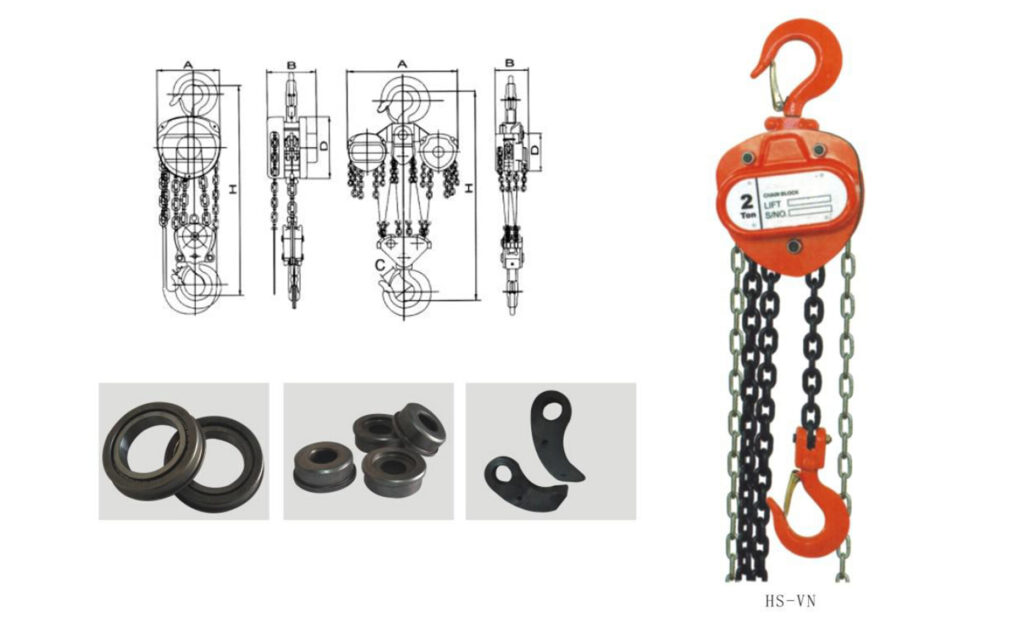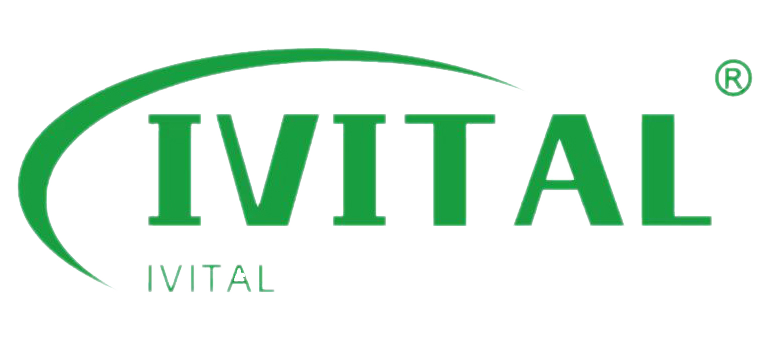When considering a chain hoist for your facility, choosing between electric and manual options is crucial. The decision impacts efficiency, safety, and your bottom line.
Electric chain hoists provide faster, more efficient lifting with less physical strain, making them ideal for frequent use and heavier loads. Manual hoists, however, are more portable and suitable for smaller loads and low-frequency tasks.
While manual hoists offer portability and simplicity, electric chain hoists shine in busy operations that demand speed and efficiency. Let’s explore the advantages and limitations of both options to help you decide.
Why Choose an Electric Chain Hoist?

Electric chain hoists offer efficiency, reduced physical strain, and greater precision. They are ideal for lifting heavy loads and handling tasks that require speed, making them a reliable choice for busy warehouses or manufacturing plants.
Electric chain hoists come with several advantages over their manual counterparts. Firstly, they are powered by electricity, which reduces the need for physical strength. This is a significant benefit when working with heavy or bulky loads. In my own experience, I’ve seen how much easier it is to move loads that would be physically demanding with a manual hoist.
A key advantage is that electric hoists are faster and require less manpower, which leads to savings on labor costs. For example, when I was managing a warehouse, we switched from manual to electric hoists and noticed a dramatic increase in efficiency. We were able to move larger shipments in less time, and the reduced physical strain helped maintain worker health and safety.
Electric hoists also come with features like overload protection, making them safer to use. With modern technology, these hoists are easier to maintain, and parts are widely available for repairs.
Why Choose a Manual Chain Hoist?

Manual chain hoists remain a strong choice for many businesses due to their portability and simplicity. Let’s take a closer look at what makes these hoists stand out in specific situations.
Manual hoists have been around for a long time, and for good reason—they’re reliable, simple to use, and easy to maintain. They are ideal when lifting smaller loads or in places where electricity isn’t available. For example, in one of my past projects, we worked in a location where power outages were frequent. The manual hoist allowed us to continue lifting operations without worrying about power failure.
Manual hoists also offer portability. With no need for electricity, they can be moved around the facility with ease, making them useful for occasional, light-duty tasks. However, as the load size increases or the frequency of use rises, the manual option becomes less efficient compared to the electric hoist.
Comparing Costs: Electric vs Manual Hoists
While electric hoists may offer more convenience, manual hoists are cheaper upfront. But what about long-term costs? Let’s compare the financial impact of choosing one over the other.
Manual hoists have a lower initial cost and are more affordable for occasional use. However, the cost of manual labor, slower work, and the potential for worker injury can add up over time.
Electric hoists have a higher upfront cost but are more efficient, reducing labor costs and improving productivity. In my experience, the savings on labor and the increased capacity to handle heavier loads made the electric hoist a more cost-effective solution in the long run.
Summary:
Electric chain hoists are ideal for busy environments requiring efficiency, while manual hoists offer portability and simplicity. Your choice depends on load size, frequency of use, and budget.



